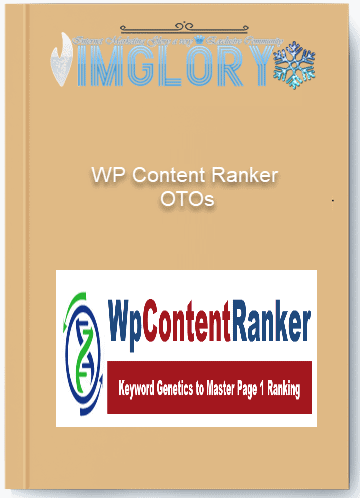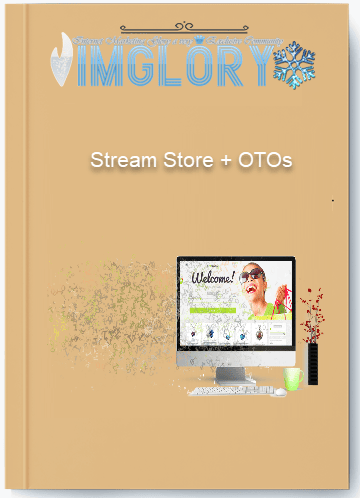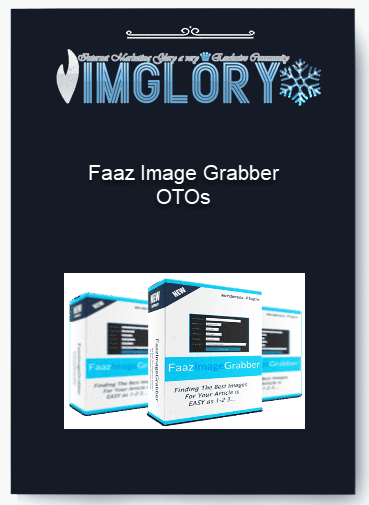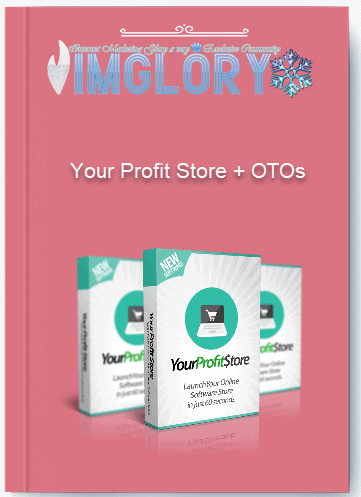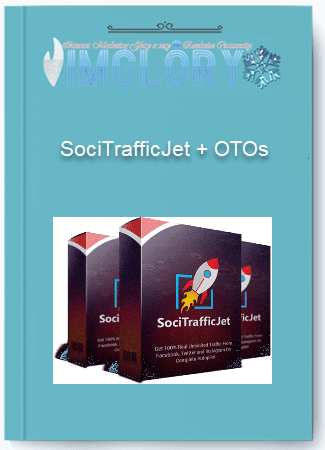Meta Box Lifetime Bundle Ltd
$349.00 Original price was: $349.00.$20.00Current price is: $20.00.
Meta Box is a WordPress plugin that lets you create 40+ types of custom fields and meta boxes in record time. Meta Box lets you craft custom fields, post types, settings pages, front-end forms, and even Gutenberg blocks with ease.
- GB Name : Meta Box Lifetime Bundle Ltd
- Version : Last
- OS : Anything
- Type : custom fields, meta boxes
- Homepage : SalePage
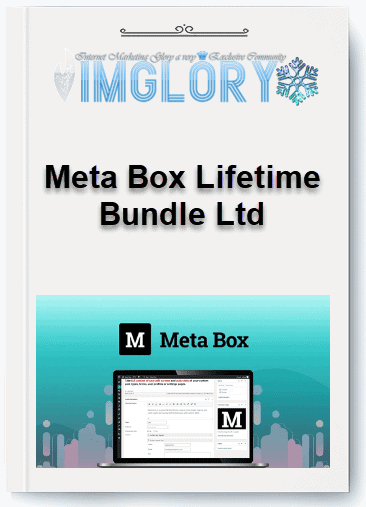
What is Meta Box ?
Meta Box is a WordPress plugin that lets you create 40+ types of custom fields and meta boxes in record time. Meta Box lets you craft custom fields, post types, settings pages, front-end forms, and even Gutenberg blocks with ease. Meta Box supports an impressive number of field types like text, image, Google Maps, custom HTML, and more, with a drag-and-drop interface for intuitive customization.

Features
FE – Meta Box Lifetime Bundle Ltd – $349
- Group
- Include/exclude
- Builder
- Conditional logic
- Term Meta
- Tabs
- Columns
- Settings page
- Admin columns
- Template
- Tooltip
- Show/hide (JS)
Main Features of Meta Box
- Custom Post Types: With MetaBox, you can create custom post types, which are custom content types that you can use to organize your website’s content in a meaningful way. For example, if you’re running a food blog, you could create a custom post type called “Recipes” that allows you to add and organize your recipes in a way that makes sense for your website.
- Custom Taxonomy Types: MetaBox also lets you create custom taxonomy types, which are like categories and tags for your custom post types. You can use them to further organize your custom post types and make it easier for your visitors to find the content they’re looking for. For example, you could create a taxonomy type called “Cuisines” to categorize your recipes by cuisine.
- Custom Field Types: One of the most powerful features of MetaBox is the ability to add custom fields to your content types. You can use custom fields to add extra information to your content, like the cooking time for a recipe, the ingredients, and more. This makes it easy to organize your content and present it in a meaningful way.
- WordPress Multisite Compatible: MetaBox is designed to work seamlessly with both individual and Multisite installations of WordPress, ensuring that your custom content stays consistent across all sites in your network. Whether you’re creating a new site or adding content to an existing one, Meta Box has you covered.
- WordPress Import & Export Compatible: Moving to a new site can be a pain, but with MetaBox, you don’t have to worry about losing your custom content. The plugin is fully compatible with the WordPress import and export functionality, so you can easily move all of your custom fields, post types, taxonomy types, and other data to your new site without any headaches.
- Gutenberg Compatible: WordPress’s new block-based editor, Gutenberg, is a powerful tool for creating and managing content, and Meta Box is designed to work perfectly with it. Whether you’re a seasoned developer or just getting started with WordPress, Meta Box gives you the tools you need to build custom content that integrates seamlessly with Gutenberg.
- Custom Field Cloning: If you’ve ever had to create multiple custom fields with the same configuration, you know how time-consuming it can be. Meta Box’s cloning feature lets you replicate custom fields in just a few clicks, so you can save yourself time and effort while still getting the custom content you need.
- Advanced Options for Developers: Meta Box is packed with powerful features for developers, including a large collection of actions and filters that you can use to extend the plugin’s functionality and customize it to meet your needs. Whether you’re creating custom post types, taxonomies, or custom fields, Meta Box gives you the tools you need to take your WordPress site to the next level.
- Multilingual Support: Meta Box is available in 17 different languages, making it accessible to users all over the world. It’s also fully supported by WPML, the most popular multilingual plugin for WordPress, so you can easily translate your custom content into any language you need. With MetaBox, you can create custom content in your own language and share it with a global audience.
- Settings Page: MetaBox offers a comprehensive solution for creating front-end forms, including settings pages. You can design your settings page with various styles and layouts that look like a native WordPress page. You can even integrate your settings page into the Customizer and preview changes in real-time, making customization a breeze.
- Front-end Post & User Profile Forms: With Meta Box, you can create post submission forms on the front-end, with options such as Ajax submission and Google reCaptcha. Additionally, you can also create forms for user profiles, including Login, Register, and Edit Profile.
- Conditional Logic: MetaBox has an advanced conditional logic feature that allows you to control the visibility of forms and fields based on specific conditions. For example, you can show a form only on a specific page, or hide a field based on another field’s value. MetaBox supports various conditions and operators, giving you the flexibility to create complex logic.
- Relationships: Creating relationships between posts, terms, and users is a crucial aspect of WordPress development. MetaBox provides a comprehensive solution for managing relationships, with full support for post, taxonomy, and user relationships. The plugin has a custom table for storing relationship data, making it fast and efficient for querying and managing orders.
- Custom Table: When dealing with a large amount of data, saving it in the meta table may result in performance issues. MetaBox has a solution for this problem with its custom table feature. You can create custom tables, map columns to custom fields, and store data in a separate table for optimal performance.
- Front-end Views: The MB Views extension of Meta Box allows you to create custom views on the front end. With Meta Box, you can take the values of fields, customize their parameters, and display them in a template on the front end. This tool is much faster and customizable, allowing you to save time and effort in your development. You can create templates for posts, terms, or users, and choose a specific template for post content or page layout.
PROS of Meta Box
- Native-Like User Interface: MetaBox has a user interface that is designed to look and feel like native to WordPress, making it easy and familiar for users to work with. With a native-like interface, you won’t feel lost or unsure of what to do.
- A Large Number of Field Types: MetaBox supports a variety of field types, including important ones like repeater, group, tab, and relationship, as well as unique field types such as open street maps, background, file upload, custom HTML, key-value, sidebar, and video. With over 40 field types available, you have plenty of options to choose from to meet your specific needs.
- Supported Objects: Meta Box works with a variety of objects, including posts (posts, pages, attachments, and all post types), taxonomy terms, user settings, page comments, and even custom Gutenberg blocks. Additionally, it supports front-end forms, so you can collect information directly from your website visitors.
- Page Builder Support: If you use popular page builders you’ll be happy to know that Meta Box is compatible with popular page builders like Elementor, Beaver Builder, Brizy, and Oxygen Builder making it a versatile solution for building custom websites.
- Allowed to Bundle with Other Products: MetaBox can also be used as a library for another theme or plugin, making it a highly versatile option. With support for methods that allow it to be included in another theme or plugin, or with the option to use Composer for bundling with modern themes or plugins, you have plenty of options for how you want to integrate it into your website. Plus, the license management for premium extensions is integrated with Composer, so you’ll have the rights you need to use it effectively.
- Track Changes of Custom Fields: Meta Box makes it easy to track changes to custom fields, including saving, comparing, and restoring data from revisions. With support for all field types, including groups, you’ll be able to see the changes to your fields in each revision with ease.
- Update Data Using REST API: Meta Box supports getting and updating data through the REST API, making it easy to access and modify custom field data from posts, pages, custom post types, and terms through the WordPress REST API.
- Display Fields in Dashboard Admin Tables: Meta Box makes it easy to display your custom fields in the dashboard admin tables, giving users the ability to show and manage custom field data in an easy-to-use table format. This feature allows you to show your custom fields in the posts, terms, and users lists in the WordPress admin area, and you can even set the column position, make it sortable and/or searchable, and more.
CONS of Meta Box
- No User Interface for Free Version: Unfortunately, if you’re using the free version of Meta Box, you won’t have access to its UI. This means that you’ll have to rely on coding to create custom fields. However, if you upgrade to the premium version, you’ll have access to a user-friendly UI that’s easy to navigate.
- Unsupported Objects: MetaBox is not compatible with widgets and menu items. If you need to create custom fields for these objects, you’ll need to find a different solution that is specifically designed for this purpose. This might not be a big deal for some users, but for others who need to create custom fields for these objects, this can be a significant drawback.
- Documentation is Complex: MetaBox has comprehensive documentation for all its features, but it’s geared toward developers rather than non-technical users. If you’re not familiar with the code, the documentation may feel confusing and difficult to follow.
- Not Much Third-Party Tutorials: Meta Box is a powerful tool, but it can be challenging to learn if you’re not already familiar with it. While the official documentation is complex to understand for regular users, there isn’t a lot of third-party content available to help you get started. You may have to spend some time learning the ins and outs of Meta Box before you feel comfortable using it.
Related products
GB WordPress
GB WordPress
GB WordPress
GB WordPress
GB WordPress



